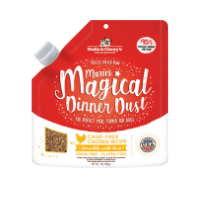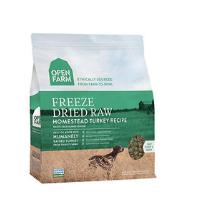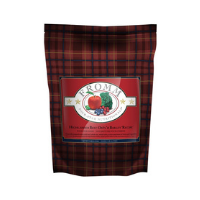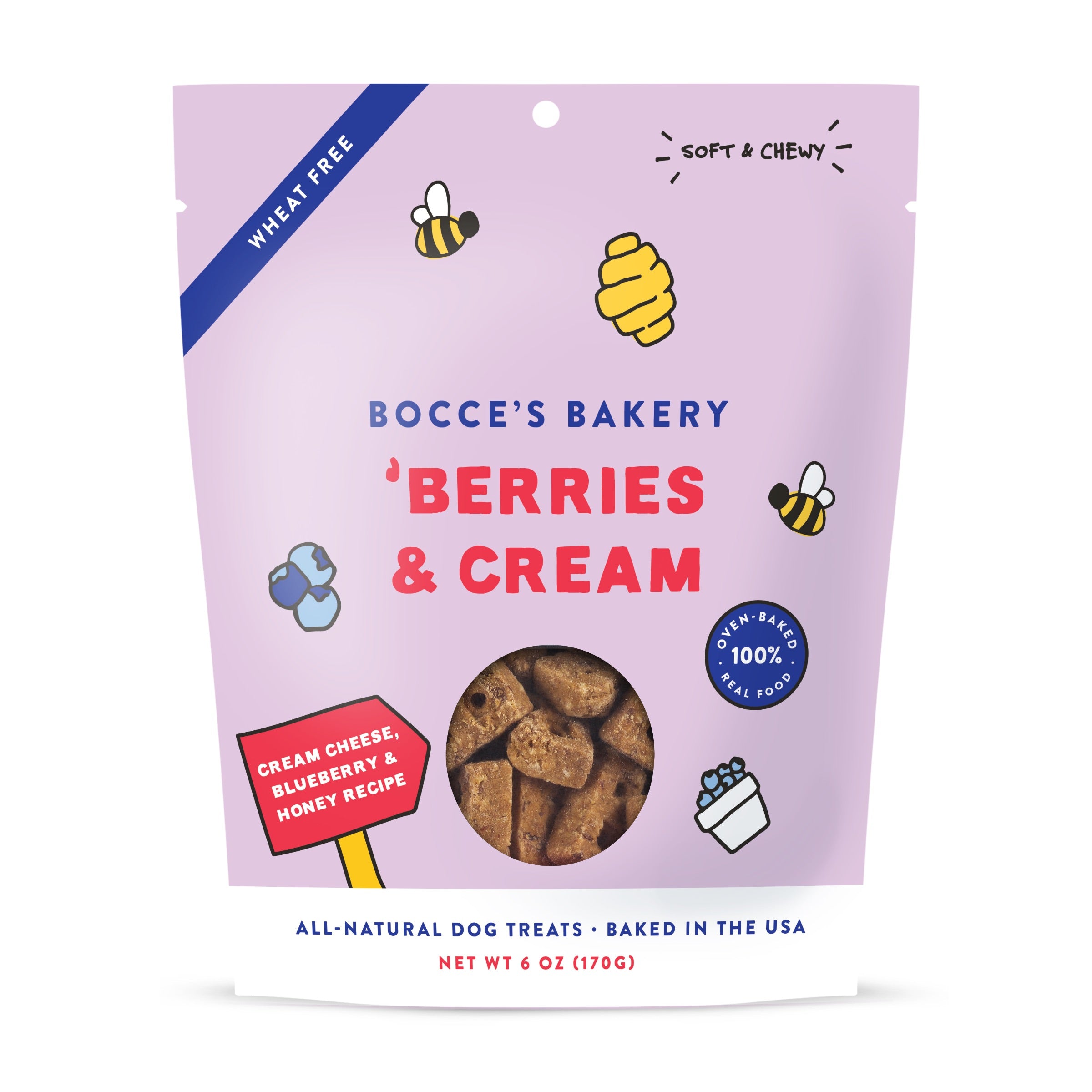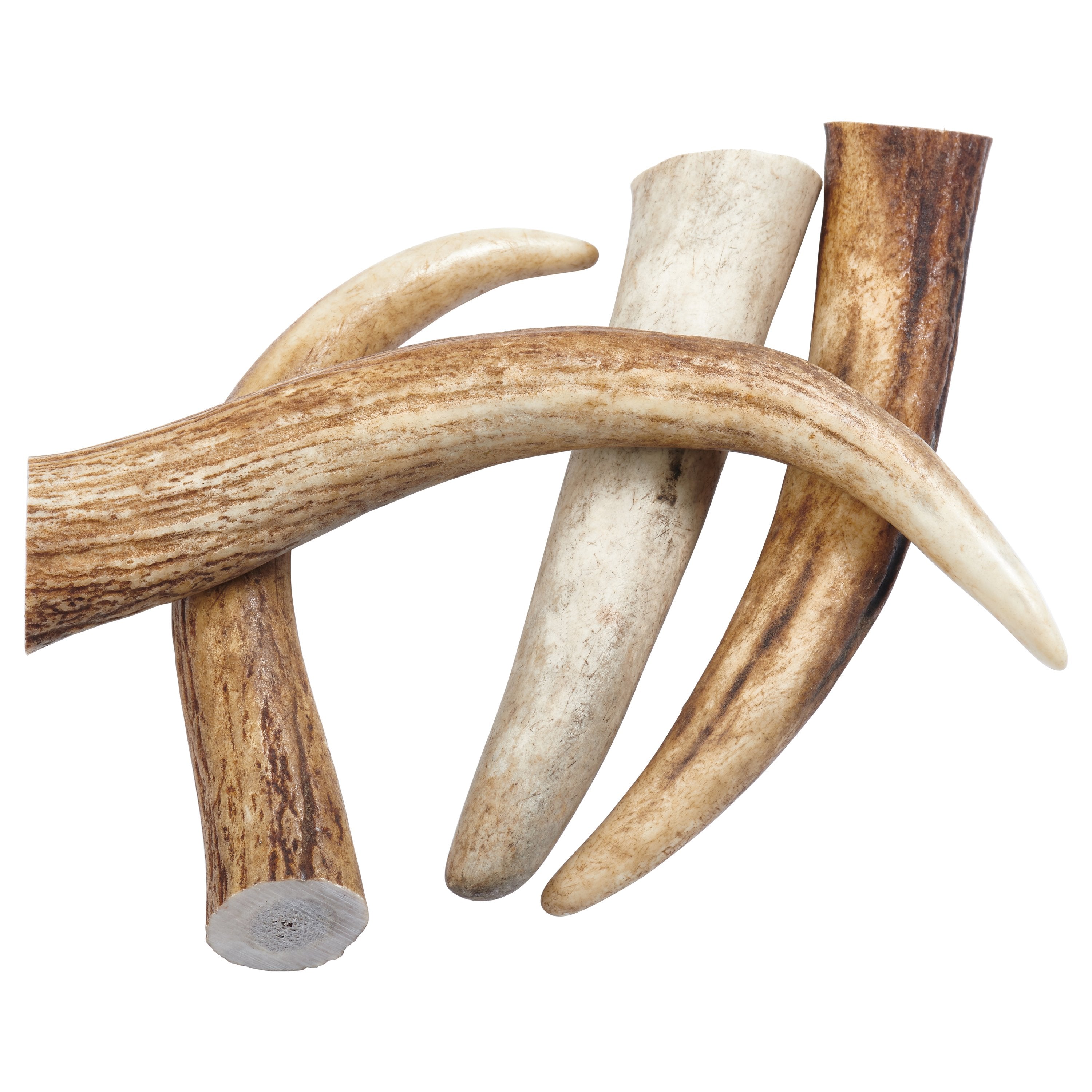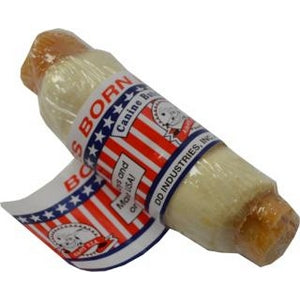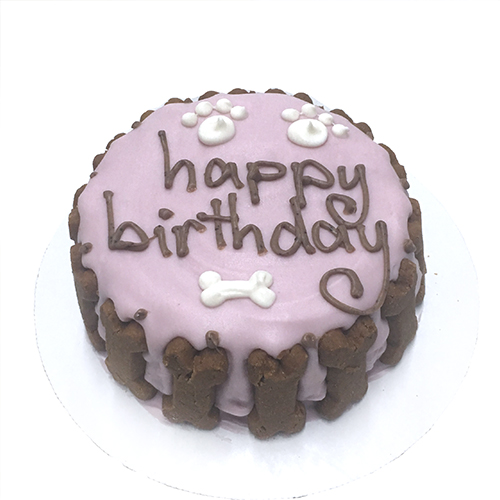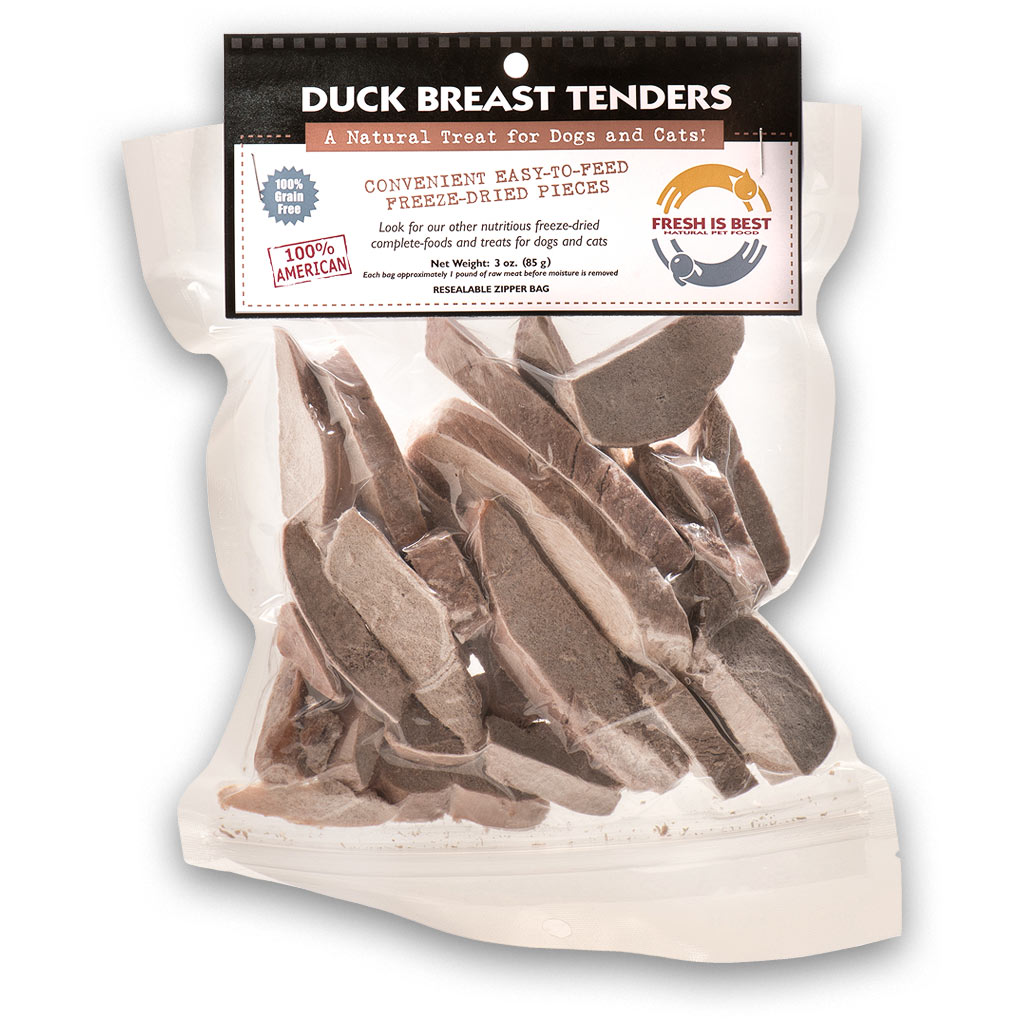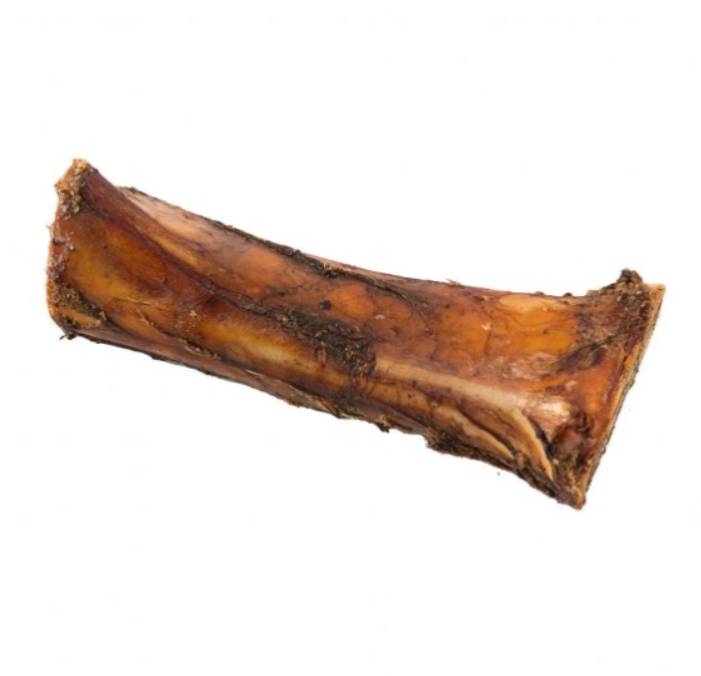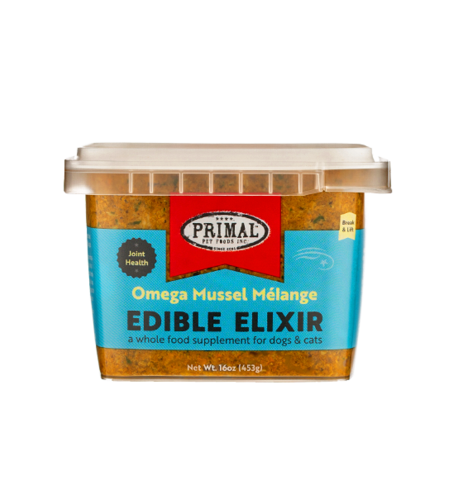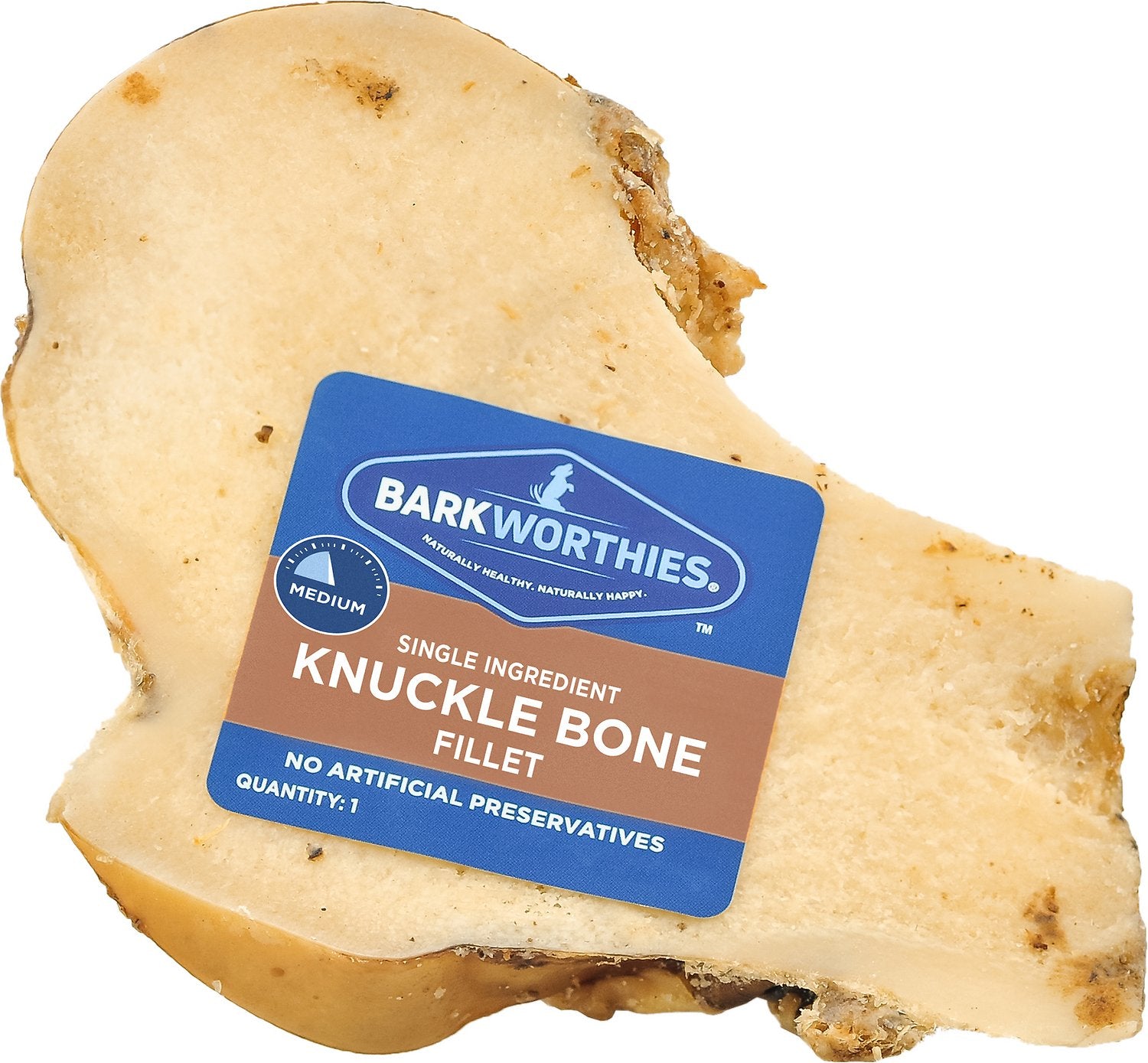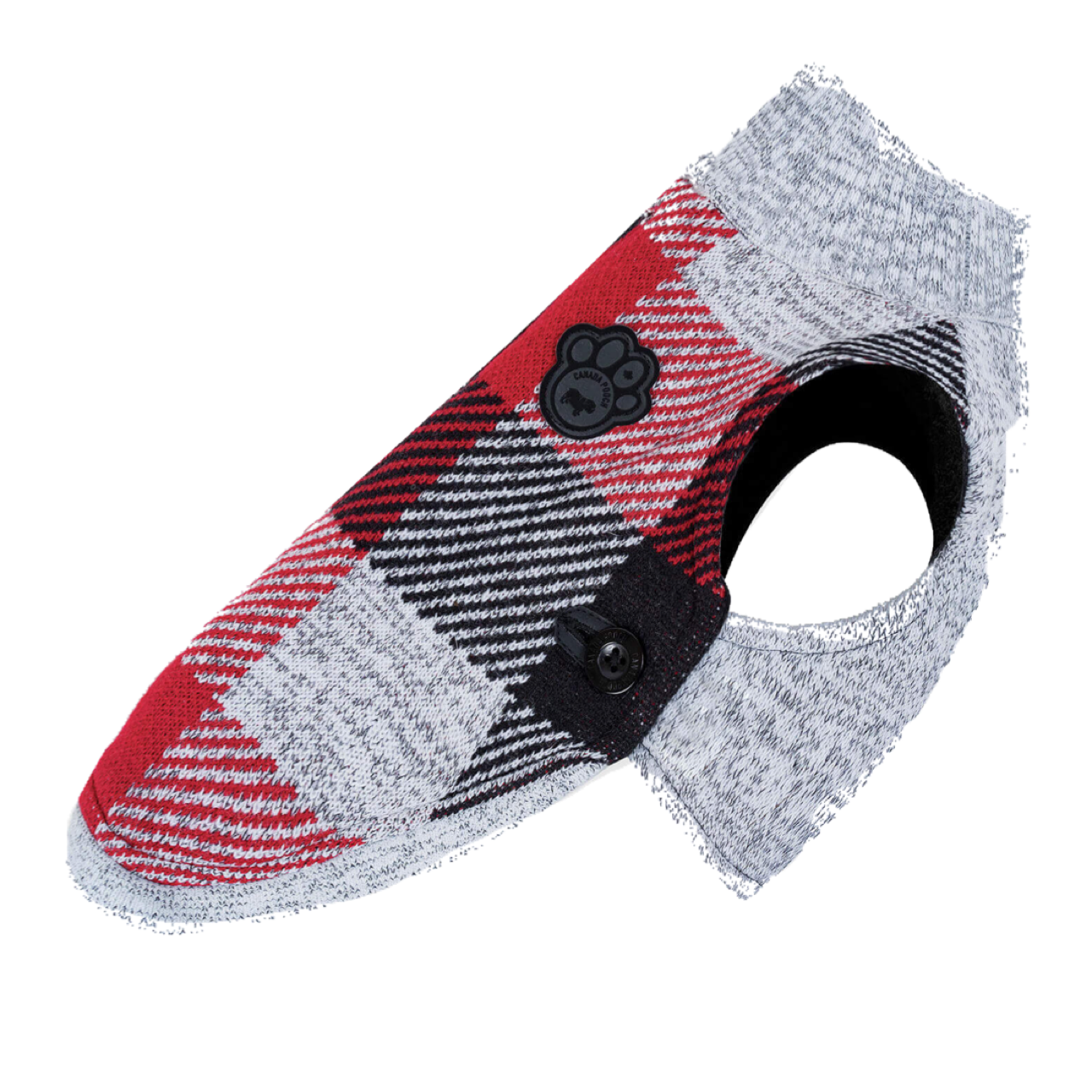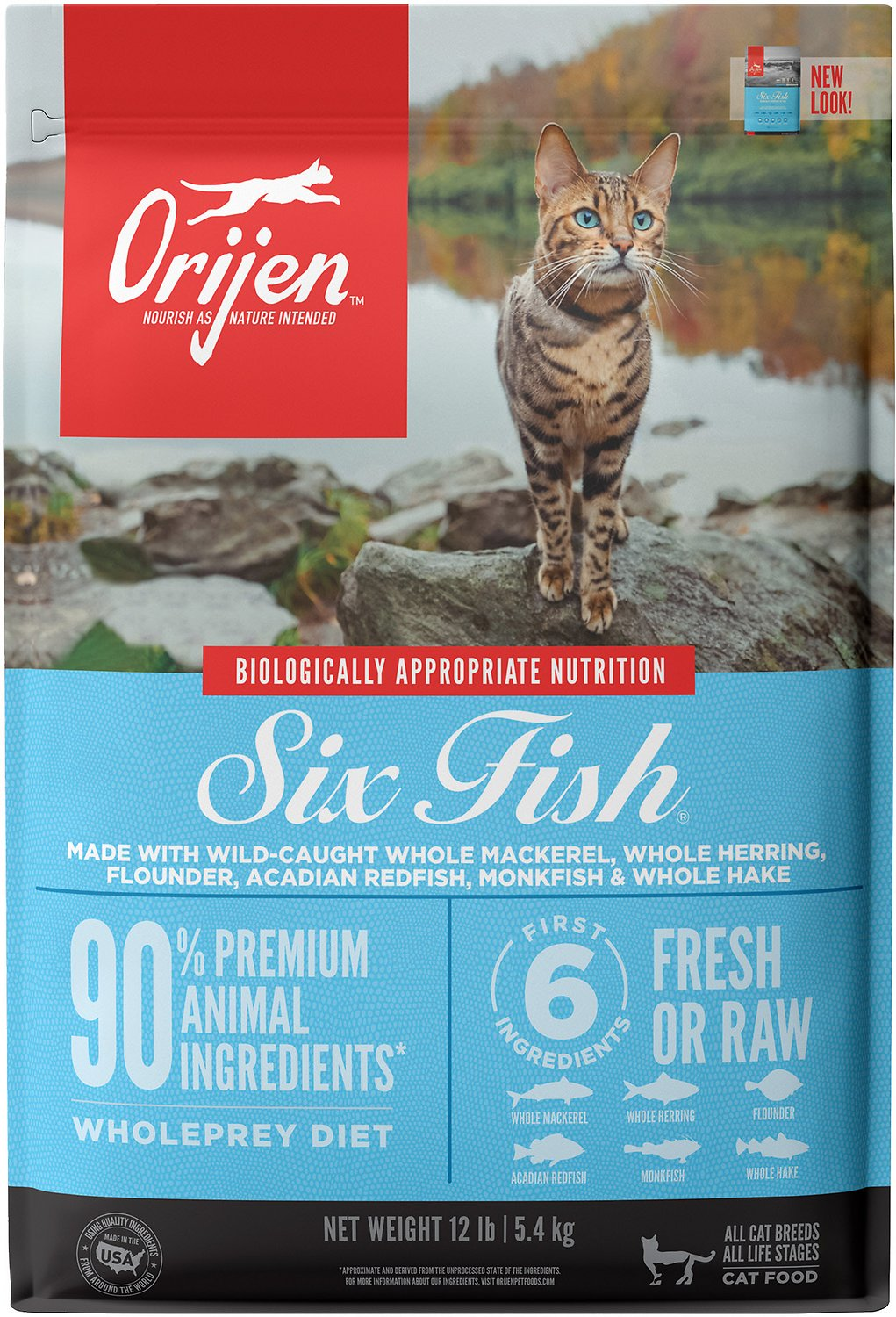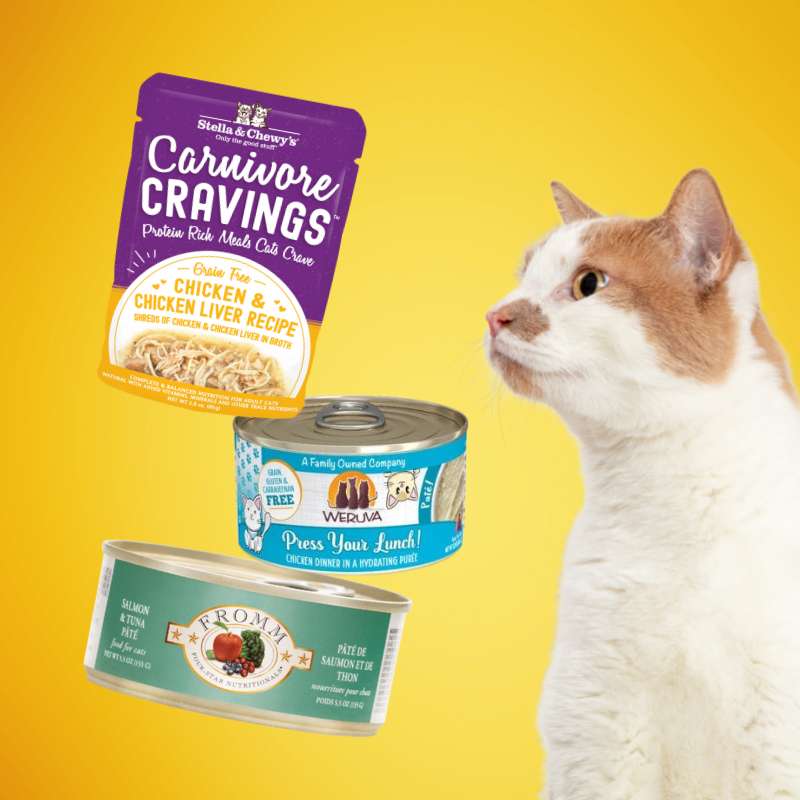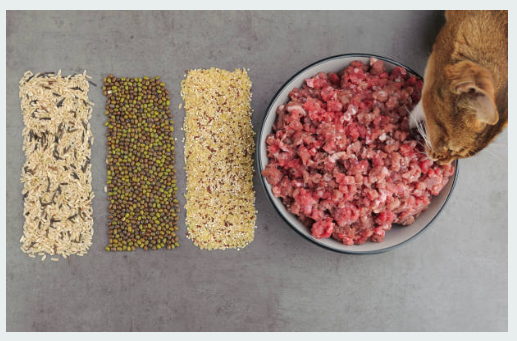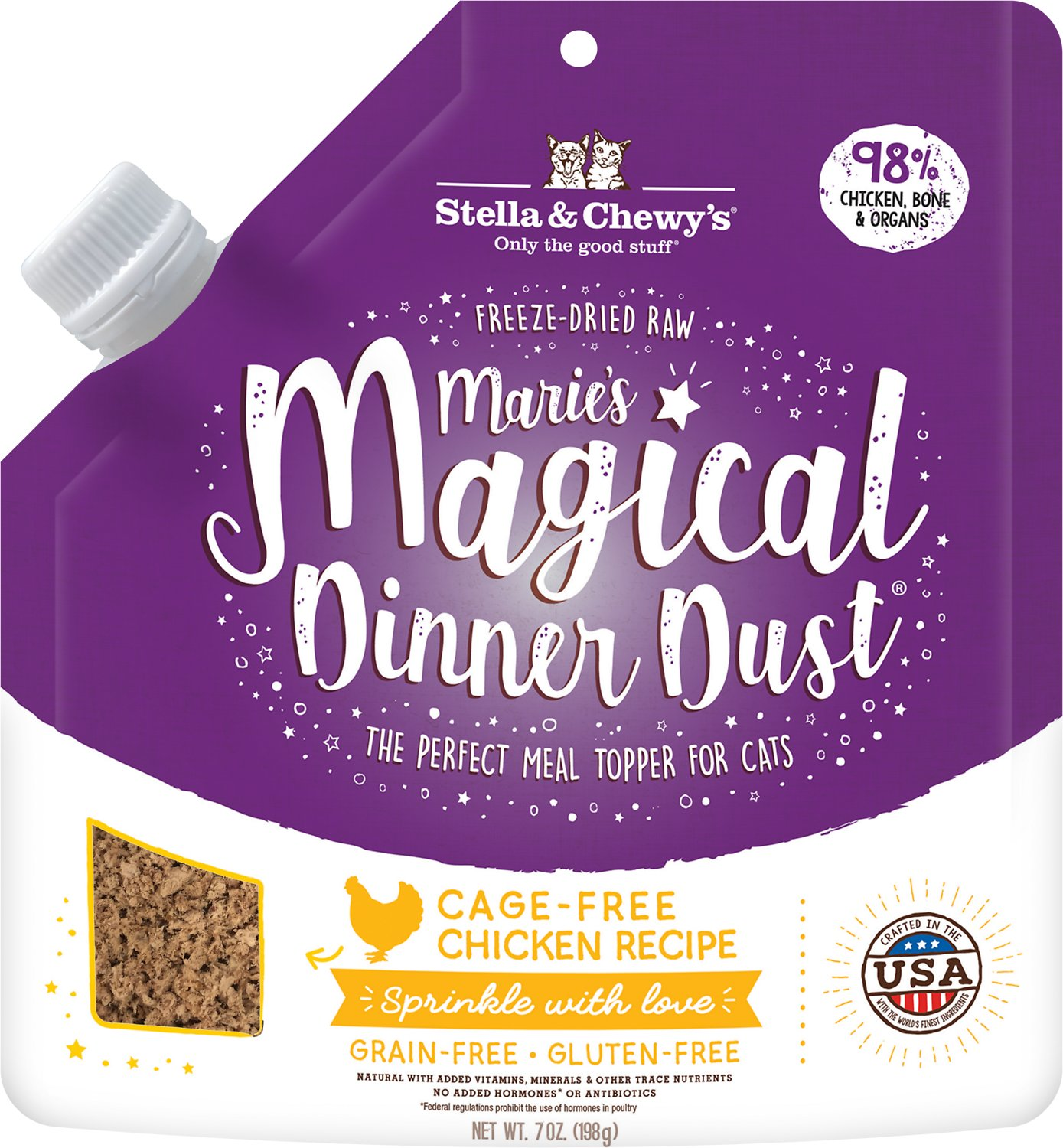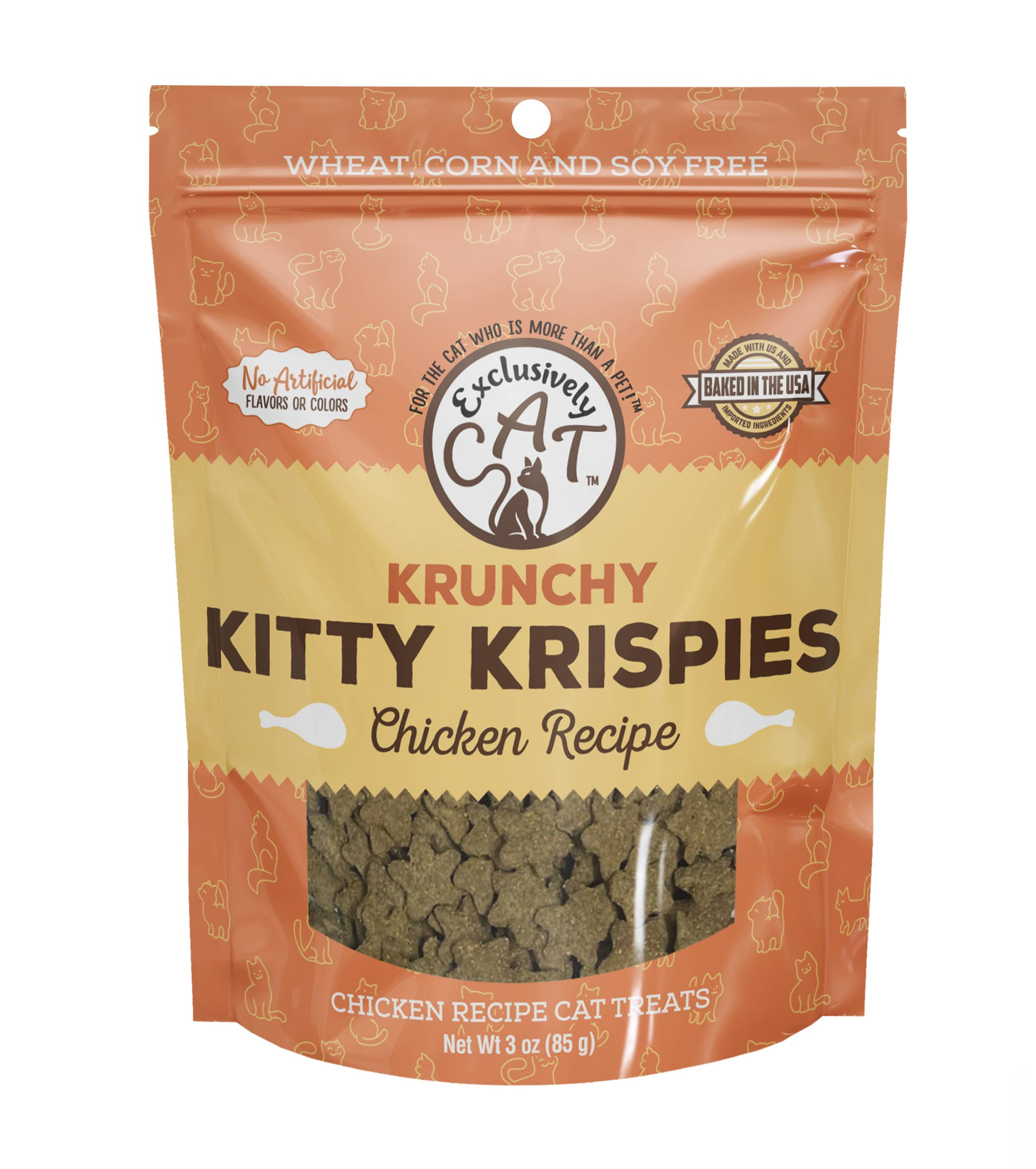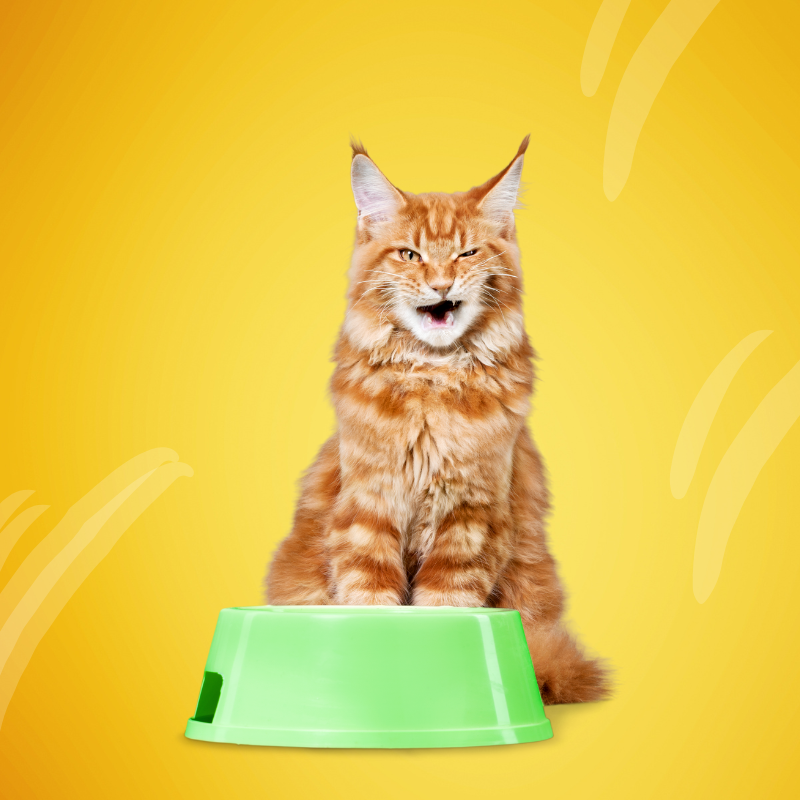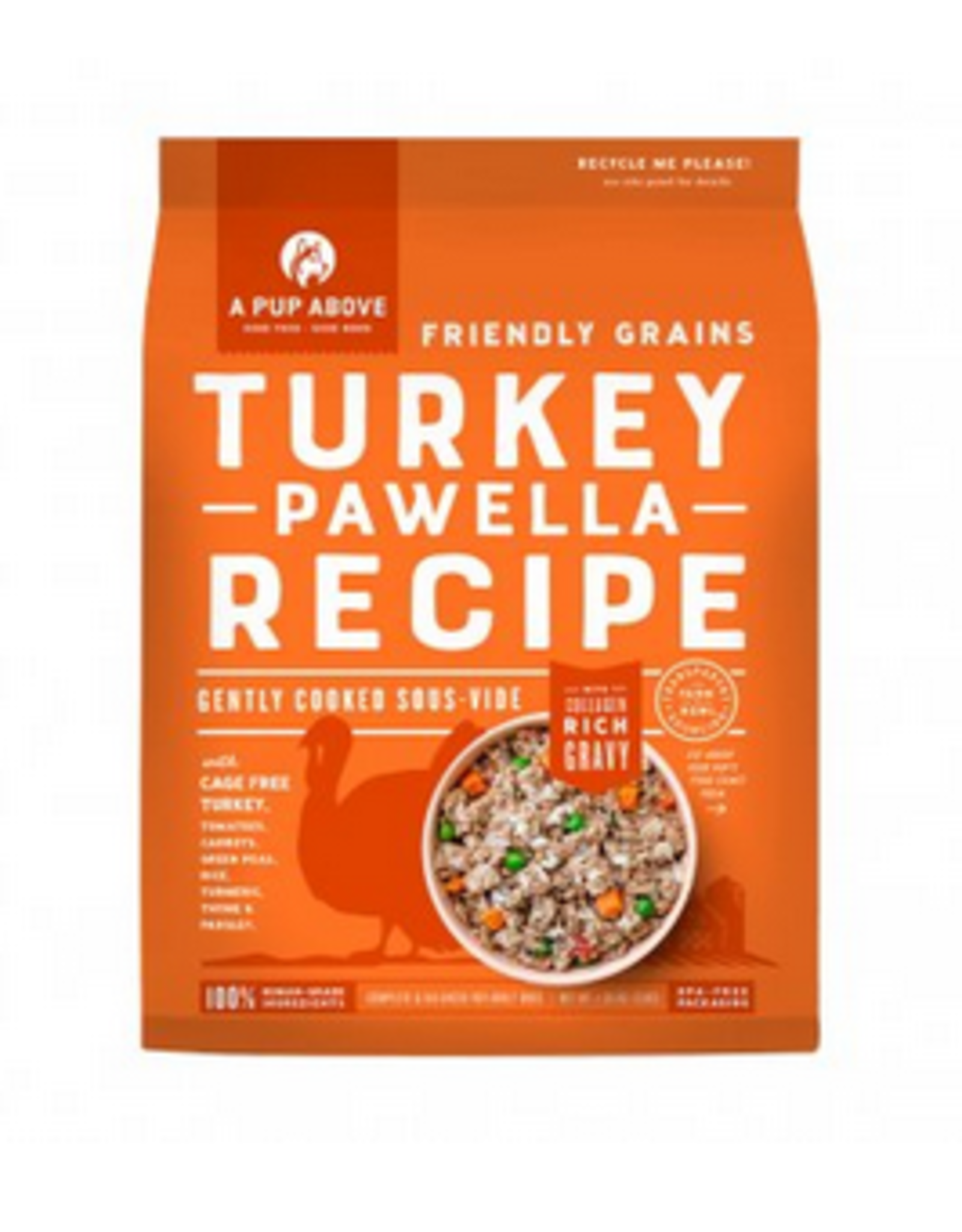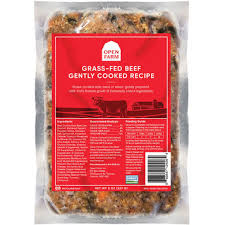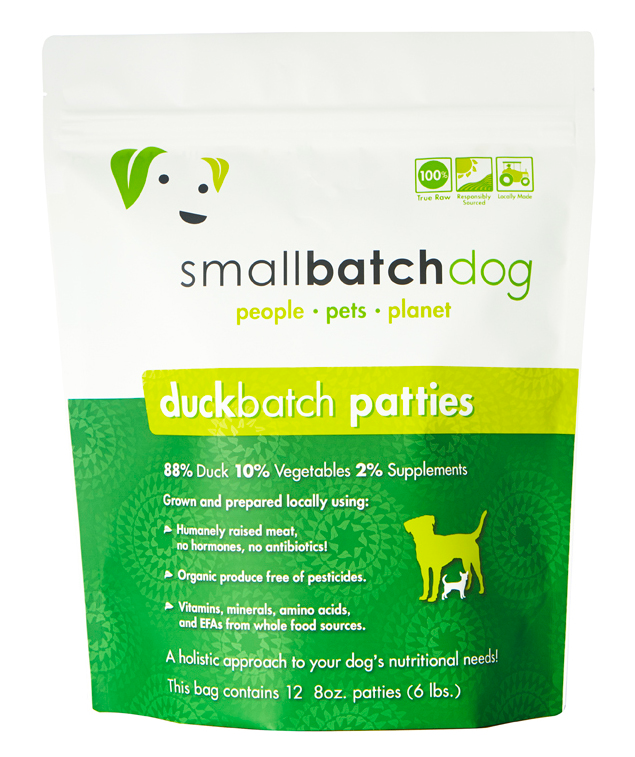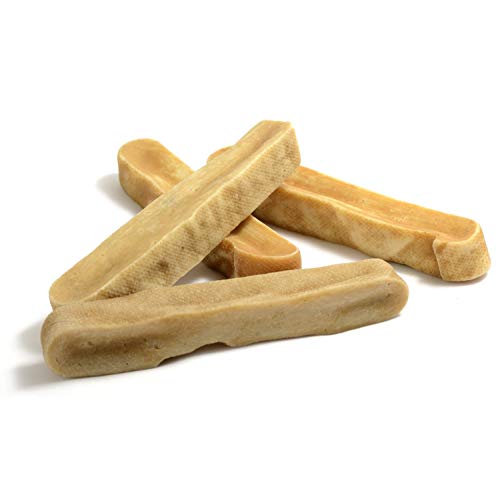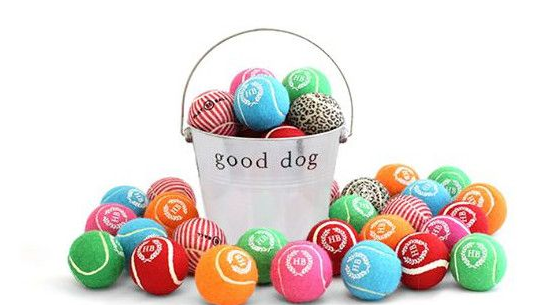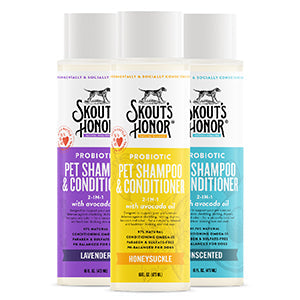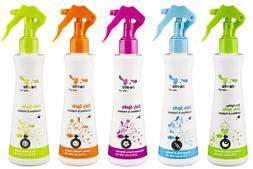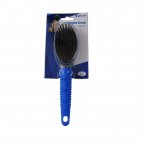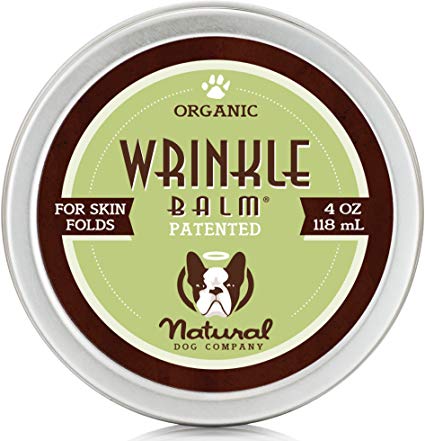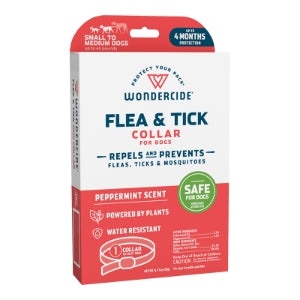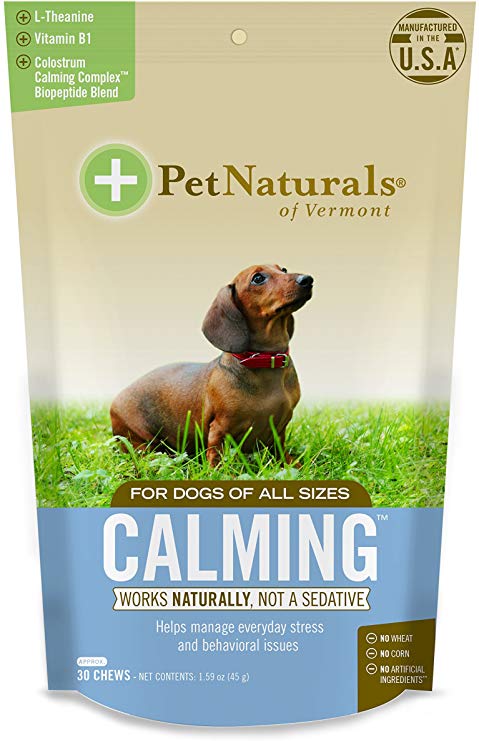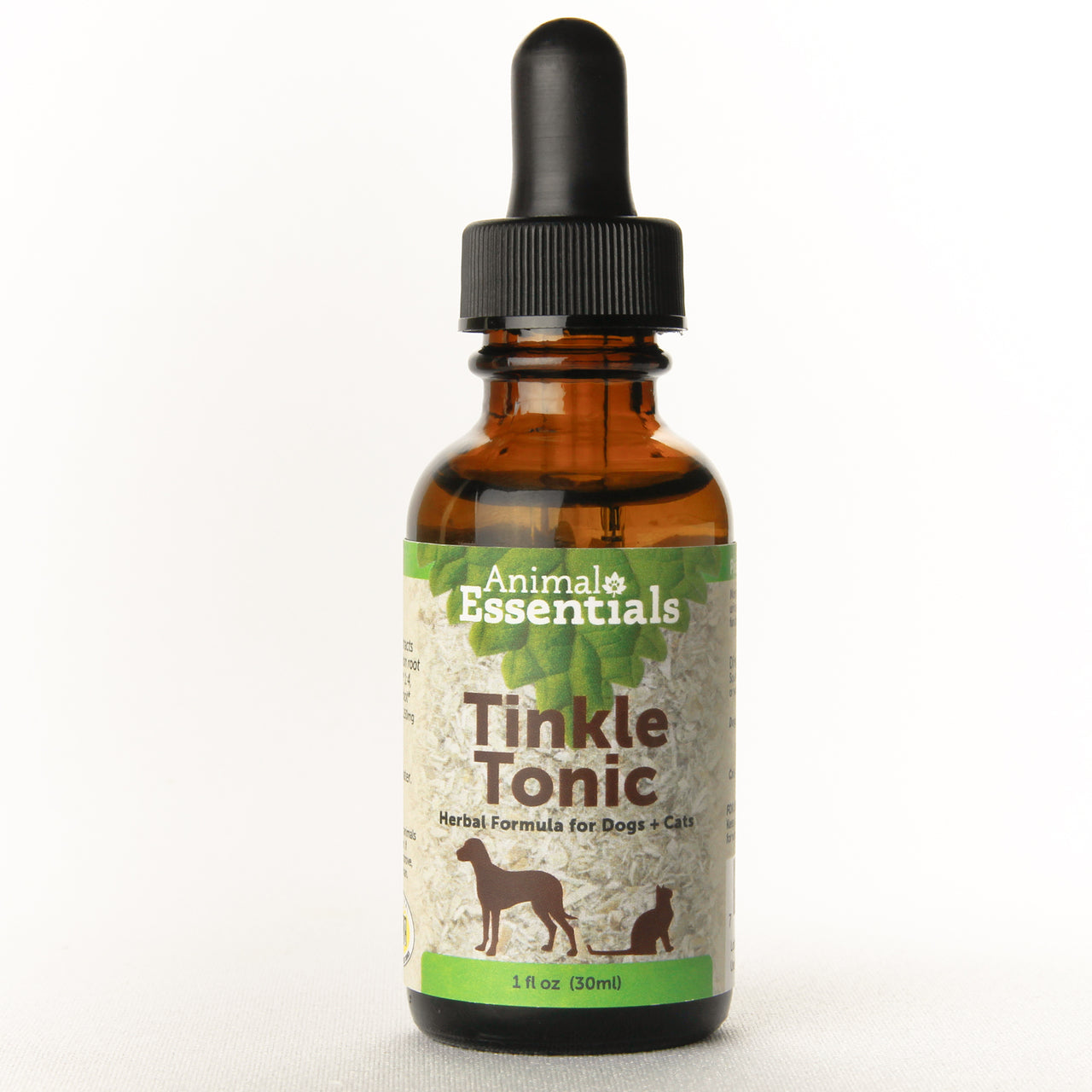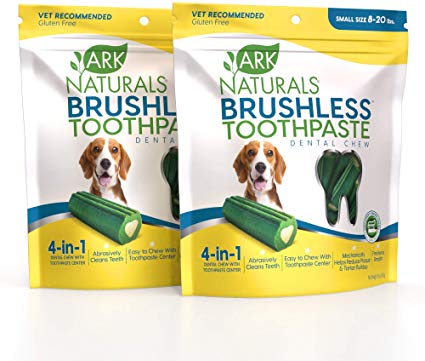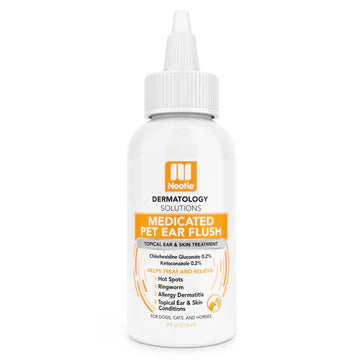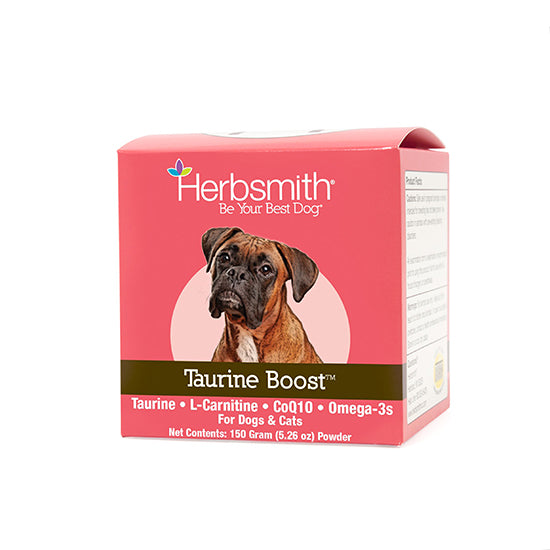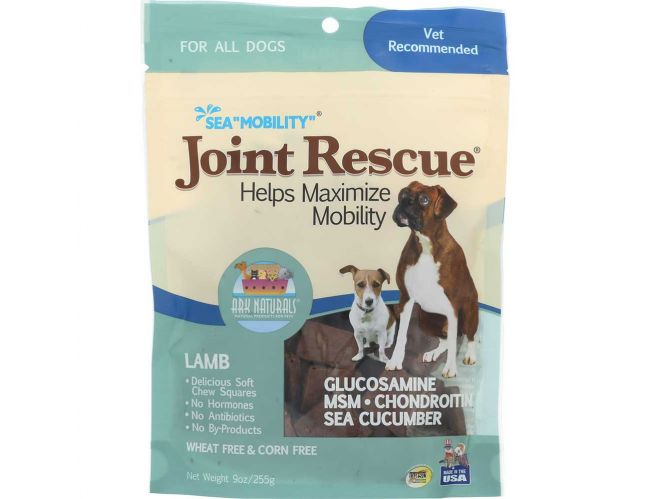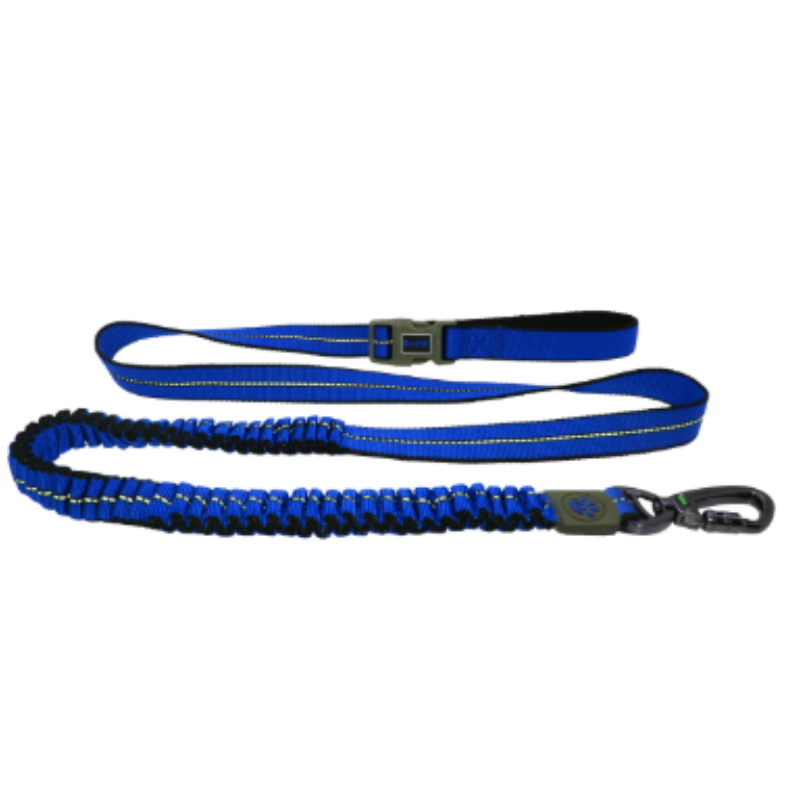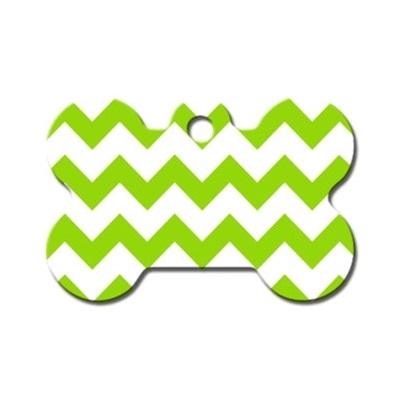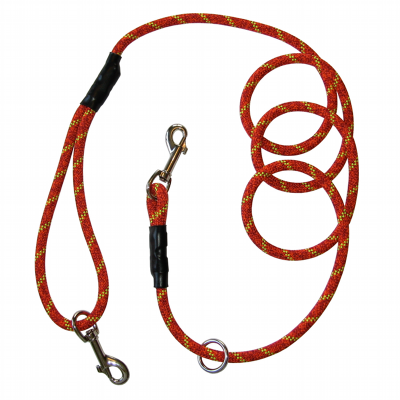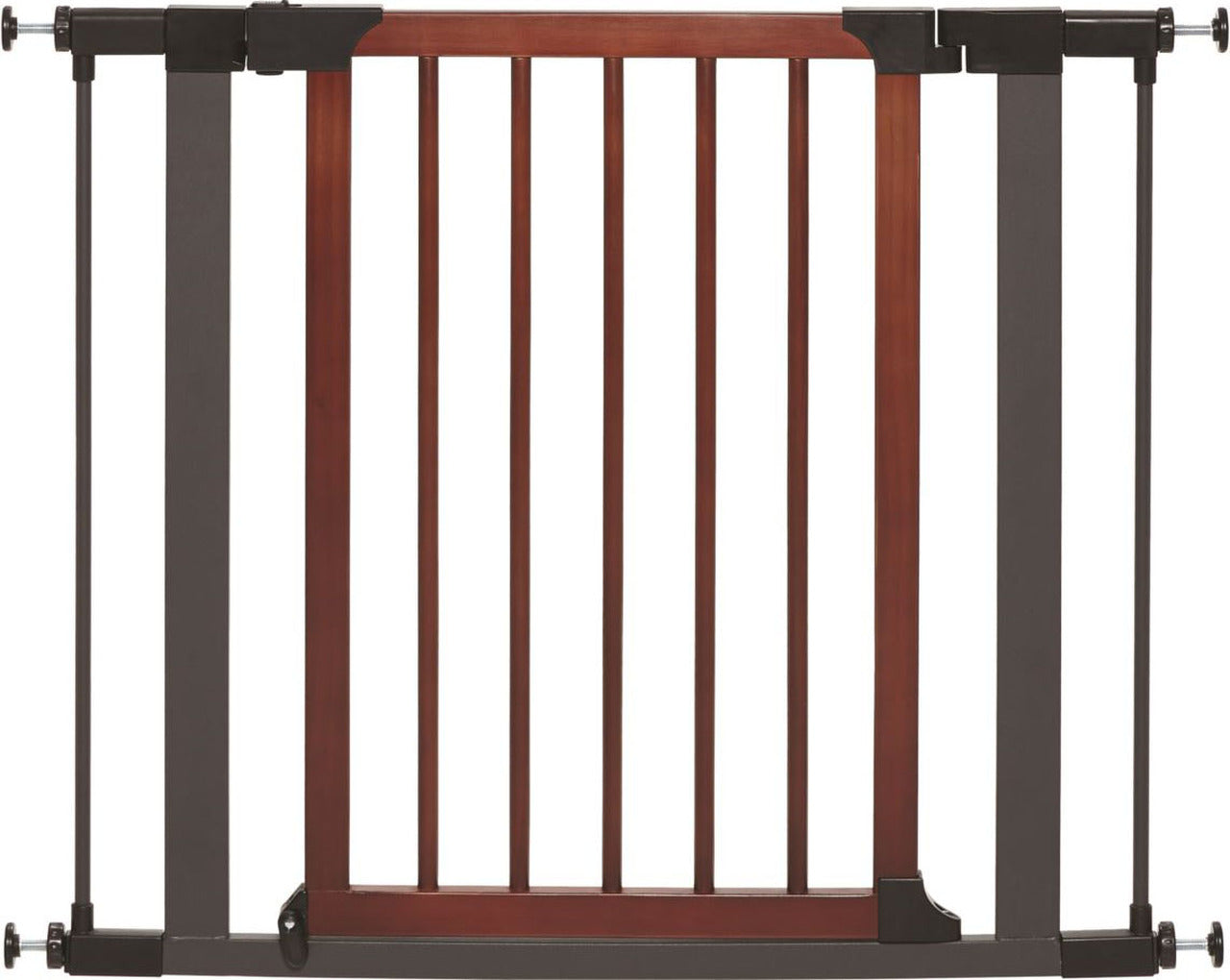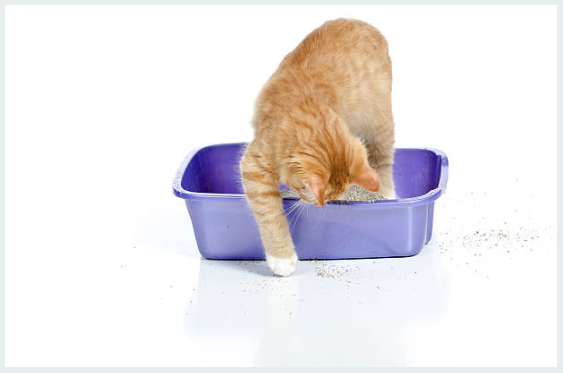Your dog’s overall health starts in their mouth.
Dental problems can be a cause or a warning sign of other health problems. According to the AVMA, periodontal disease is the most common dental condition in dogs and cats. By age 3, a whopping 80% of dogs and 70% of cats have some form of periodontal disease.
The trouble begins when plaque hardens into tartar, and plaque builds up on your dog’s or cat’s teeth every day. A combo of teeth brushing and healthy chews will go a long way in maintaining your companion’s overall health and life. The ideal would be to brush everyday, but we realize that’s not always realistic. Aim for at least three times per week.
Ways to prevent periodontal disease:
Daily Brushing - Remember to aim for at least 3x per week. If new to brushing go SLOWLY and GENTLY and work bit by bit until you are able to brush their entire mouth and gums. Check out Fresh Breath's Oral Care Kit.
Brushing Alternatives - Because it is hard to brush everyday, we have some easier alternatives. From no-brush foams and sprays to water additives. These alternatives can be used on days you can’t brush.
Dental Chews - We carry the best in healthy dental chews. From plaque reducing Whimzees to Ark Naturals Brushless Toothpaste chews. Dental chews are a great supplement to help fight bacteria every day to promote overall health.
Raw Bones - Why mess with nature? In the wild, canines clean their own teeth by chewing the bones of their prey. Ideally, your dog should spend about 30 minutes, 2 or 3 times a week, working on bones for a noticeable improvement in dental health.
Raw Diet - Kibble is a predominantly carbohydrate-based type of dog food. Carbohydrates make plaque and plaque leads to tartar which leads to dental problems. So why not cut off the source of plaque and switch to a (low-carbohydrate) raw diet.
Your pet’s teeth should be checked at least once a year by your Vet.
Signs to get your pet’s teeth checked sooner:
- Bad breath
- Broken or loose teeth
- Extra teeth or retained baby teeth
- Teeth that are discolored or covered in tartar
- Abnormal chewing, drooling, or dropping food from the mouth
- Reduced appetite or refusal to eat
- Pain in or around the mouth
- Bleeding from the mouth
- Swelling in the areas surrounding the mouth
Check out all of our Dental Products - 30% Off February 15 - 28






